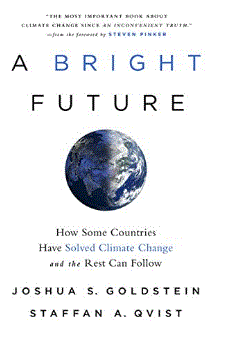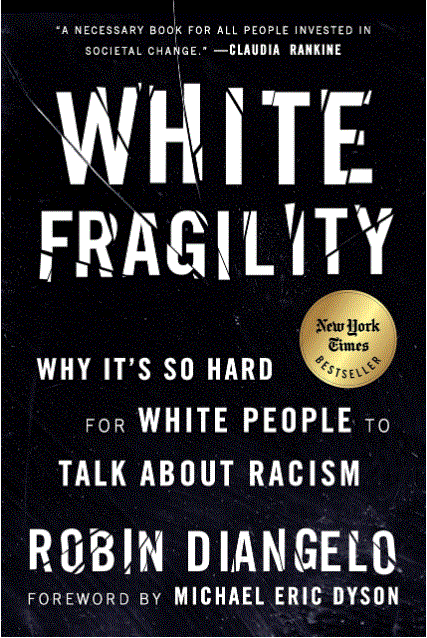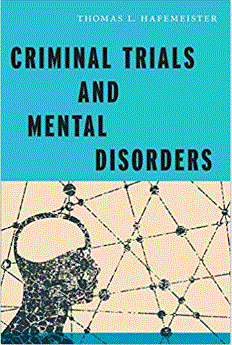Thomas L. Hafemeister,
Criminal Trials and Mental Disorders (New York University Press 2019).
The complicated relationship between defendants with mental
health disorders and the criminal justice system
The American criminal justice
system is based on the bedrock principles of fairness and justice for all. In
striving to ensure that all criminal defendants are treated equally under the
law, it endeavors to handle similar cases in similar fashion, attempting to
apply rules and procedures even-handedly regardless of a defendant’s social
class, race, ethnicity, or gender. Yet, the criminal justice system has also
recognized exceptions when special circumstances underlie a defendant’s
behavior or are likely to skew the defendant’s trial. One of the most
controversial set of exceptions –often poorly articulated and inconsistently
applied – involves criminal defendants with a mental disorder.
A series of special rules and procedures has
evolved over the centuries, often without fanfare and even today with little
systematic examination, that lawyers and judges apply to cases involving
defendants with a mental disorder. This book provides an analysis of the key
issues in this dynamic interplay between individuals with a mental disorder and
the criminal justice system.
The volume identifies the various stages of
criminal justice proceedings when the mental status of a defendant may be
relevant, associated legal and policy issues, the history and evolution of these
issues, and how they are currently resolved. To assist this exploration, the
text also offers an overview of mental disorders, their relevance to criminal
proceedings, how forensic mental health assessments are conducted and employed
during these proceedings, and their application to competency and
responsibility determinations. In sum, this book provides an important resource
for students and scholars with an interest in mental health, law, and criminal
justice.
- Publisher's description






